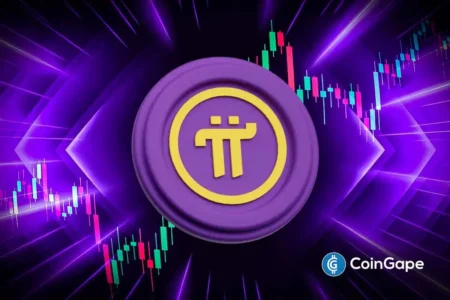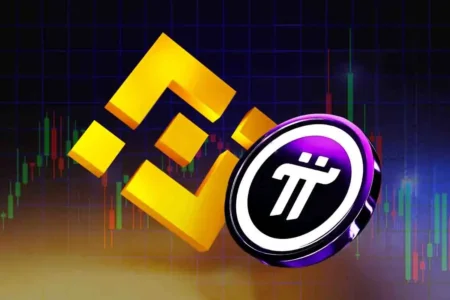Harvard’s Bitcoin Investment in BlackRock’s IBIT: A Game Changer for Institutional Adoption
Introduction to Harvard’s Bold Move
The Harvard Endowment’s recent investment in BlackRock’s Bitcoin ETF, known as IBIT, has created significant buzz in the financial community. Bloomberg analyst Eric Balchunas emphasized the importance of this move, highlighting how challenging it is for endowment funds to invest in ETFs. Harvard, along with Brown University, has acquired shares of the Bitcoin ETF, marking a notable shift in institutional attitudes towards cryptocurrencies.
Significance of the Harvard Bitcoin Investment
Balchunas pointed out that the Harvard Bitcoin investment is substantial, with the university ranking as the 29th largest holder of IBIT among approximately 1,300 investors. According to SEC filings, Harvard holds $116.7 million worth of Bitcoin ETF shares. While this figure is impressive within the context of ETFs, Balchunas noted that it remains relatively small when viewed from Harvard’s extensive $53 billion endowment perspective. Nonetheless, this investment reflects a significant step forward, especially considering endowments typically have a conservative attitude towards ETFs.
Institutional Interest in Bitcoin
The Harvard investment sheds light on the growing trend of institutional investments in Bitcoin. Notably, the Michigan Pension Fund also recently increased its stake in the Ark Invest Bitcoin ETF to $11 million. Such moves are not merely speculative; they symbolize a larger trend of institutional confidence in Bitcoin as a viable asset class. Bitcoin’s year-to-date growth exceeding 23% and a recent surge to an all-time high of $123,000 illustrate the potential benefits for institutions ready to embrace this digital asset.
A New Era of Institutional Adoption
Entrepreneur Anthony Pompliano echoed Balchunas’ sentiments, suggesting that institutional adoption of Bitcoin is just beginning. With Harvard now holding over $100 million worth of Bitcoin, it serves as another signal that major institutions, including endowments, pension funds, and charitable organizations, are increasingly recognizing Bitcoin’s validity. Pompliano referred to Bitcoin as “the best idea of our generation,” emphasizing the potential for broader adoption among various institutional pathways.
Policy Changes and Market Dynamics
Compounding this momentum, U.S. President Donald Trump has signed an executive order that enables 401(k) plans to invest in digital assets such as Bitcoin. This policy shift is likely to spur further institutional engagement in the cryptocurrency market, facilitating easier access for large funds to diversify into digital assets. Pompliano’s own venture, ProCap BTC, highlights the growing institutional participation; the firm holds nearly 5,000 BTC in its treasury, positioning itself as a prominent player in this evolving landscape.
Conclusion: The Road Ahead for Institutional Investors
The Harvard investment in BlackRock’s Bitcoin ETF signifies a transformative moment in the market, highlighting a notable shift in institutional attitudes towards cryptocurrencies. As more endowments and large funds consider Bitcoin as part of their investment strategies, the broader landscape of cryptocurrency adoption among institutions will continue to evolve. With favorable regulatory changes and increasing market recognition of Bitcoin’s value, this trend appears poised for growth, marking the dawn of a new era in institutional investing. As this adoption progresses, it will be crucial for investors to stay informed and adaptable in this rapidly changing financial environment.
In summary, the convergence of Harvard’s investment, favorable policies, and rising institutional interest paints a promising picture for Bitcoin’s future as a mainstream asset class.
















